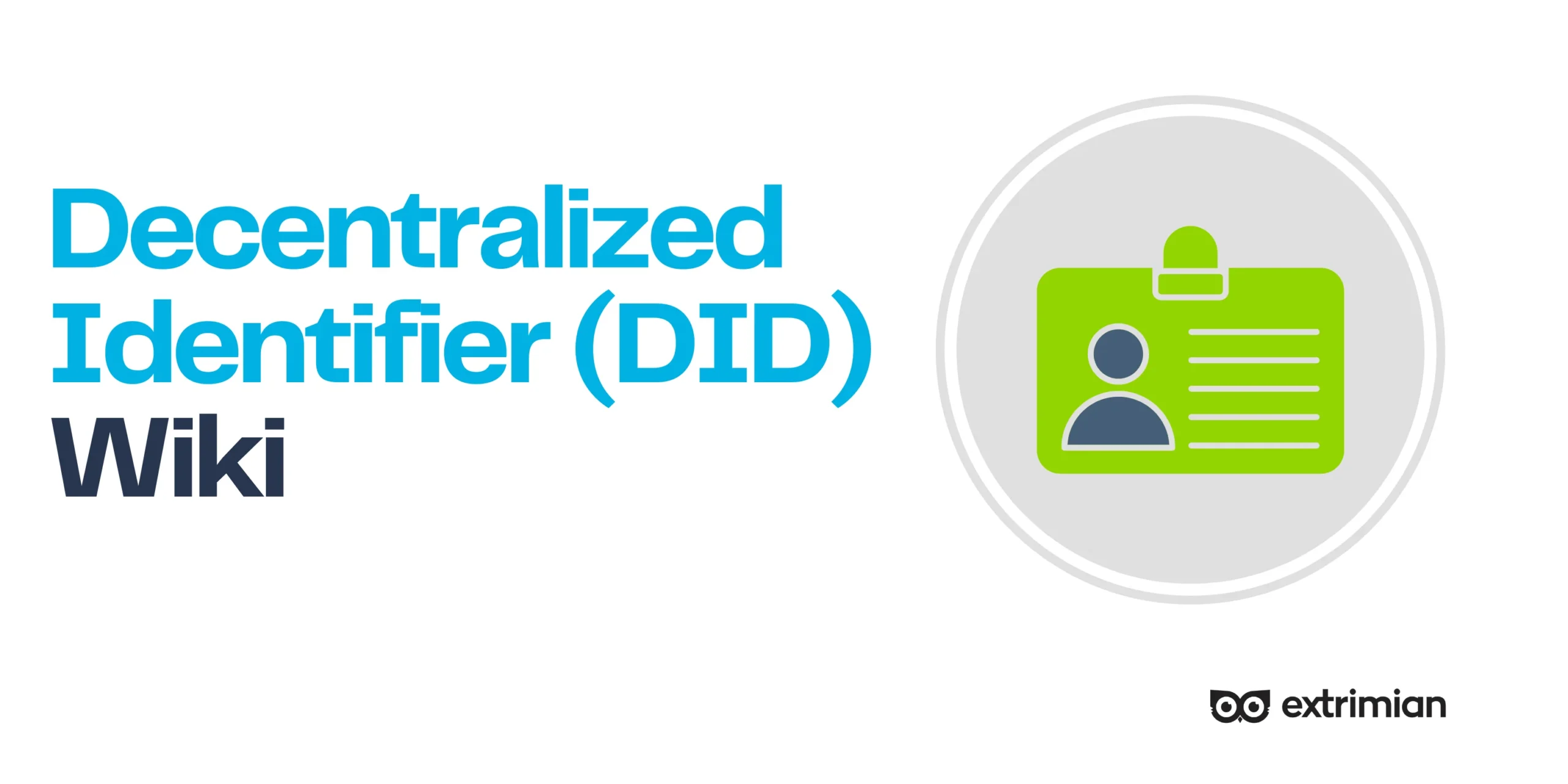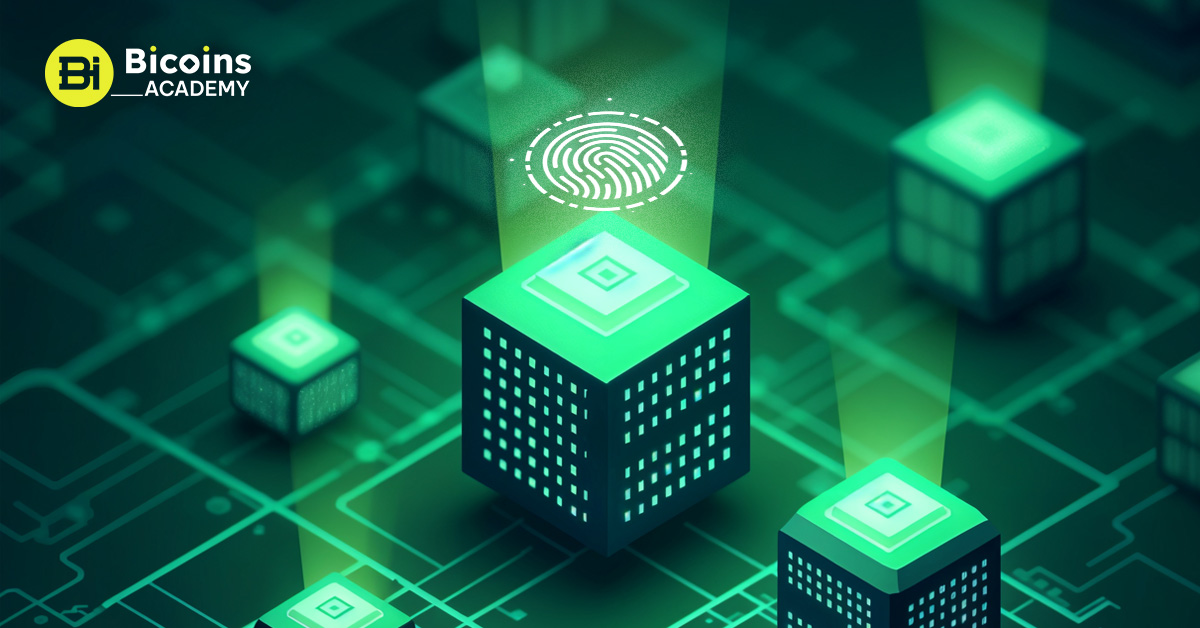In today’s digital age, user authentication and Know Your Customer (KYC) processes have become paramount for businesses across various sectors. With the rise of cyber threats and identity theft, more robust, secure, and user-centric solutions are desperately needed. Enter Decentralized Identity (DID) – an innovative approach that promises to revolutionize how we manage and verify our identities online. This article explores the significance of DIDs, their implications for businesses and everyday users, and how they can reshape KYC procedures, particularly in emerging markets like Vietnam.
Understanding Decentralized Identity (DID)

What is Decentralized Identity?
Decentralized Identity refers to an identity management approach that allows individuals to own and control their identity without a central authority. Unlike traditional identity systems, which rely on centralized databases (often vulnerable to breaches or misuse), DIDs leverage blockchain technology to provide a secure, transparent, and verifiable identity framework.
In essence, DIDs empower users to manage their personal data, share it selectively, and authenticate themselves without relying on third parties. By using cryptographic techniques, individuals can generate unique identifiers that are stored on distributed ledgers, ensuring both security and privacy.
Key Components of DIDs
- Public and Private Keys: Each user generates a pair of cryptographic keys: a public key, which is visible to others, and a private key, which is kept secret. This key pair allows users to authenticate their identity securely.
- DID Documents: These are JSON documents containing metadata about the DID, such as the user’s public keys, services, and authentication methods.
- Verifiable Credentials: These are tamper-proof credentials issued by trusted authorities (known as issuers) that can be shared by users to prove their identities to service providers (known as verifiers).
The Importance of Decentralized Identity in KYC Processes

Enhancing Security and Privacy
Traditional KYC methods often require users to submit sensitive personal information to numerous organizations, which increases the risk of data breaches. With DIDs, users can share only the necessary information with a verifier, reducing the exposure of sensitive data while also enhancing privacy. For instance, a user could verify their age to a service provider without disclosing their exact birth date, thereby limiting the amount of personal information shared.
Reducing Costs and Increasing Efficiency
For businesses, implementing KYC processes using DIDs can significantly reduce operational costs. The traditional KYC processes can be cumbersome, requiring extensive resources for manual verification. By leveraging decentralized identity systems, businesses can streamline these processes, automate verification through smart contracts, and reduce the time required for onboarding clients.
Case Study: DID Implementation in Vietnam
In Vietnam, where regulatory pressures for robust KYC procedures are increasing, several forward-thinking startups are championing DIDs. For instance, VNPay, a payment gateway company, integrates DIDs into their platform to enhance user verification while ensuring the security of personal information. By utilizing blockchain for its KYC processes, VNPay offers an efficient and secure method for individuals and businesses to authenticate identities, aligning with global standards while catering to local needs.
The Future of User Authentication
A Shift Towards User Empowerment
As we move towards a more digitized world, the concept of self-sovereign identity will become crucial. Users will have greater control over their identities, leading to more trustworthy digital interactions. Moreover, the empowerment of individuals will often lead to the emergence of innovative solutions that cater to a wide range of sectors, including fintech, healthcare, and telecommunications.
Seamless Integration in Web3 Ecosystems
As Web3 technologies proliferate, decentralization will become a driving force behind the online identity landscape. DIDs will integrate seamlessly within various blockchain-based applications, allowing users to authenticate themselves effortlessly across platforms, whether in decentralized finance (DeFi) applications, decentralized autonomous organizations (DAOs), or NFT marketplaces.
Conclusion: Embracing a Decentralized Future
In a world where digital identities are crucial for almost all online activities, the move towards Decentralized Identity (DID) systems represents a paradigm shift. By facilitating secure, efficient, and user-friendly methods of authentication, DIDs not only enhance privacy but also empower individuals by restoring control over their personal data. For businesses, embracing DIDs means streamlined KYC processes, reduced costs, and ultimately, a stronger relationship with customers.
As companies and users in Vietnam and around the globe look towards the future of authentication, taking proactive steps to adopt decentralized identity solutions can set them on the path of innovation and growth. Now is the time to embrace the shift towards a more secure and user-centric digital identity framework.
Source: Academy Bicoins






